Responsible Tourism In Africa
Today people want to travel with a purpose, and want to do so responsibly
If the wildlife of Africa is to thrive for future generations to appreciate, it must be considered by the local communities to have value. In some of the poorest places on earth, where mere survival is a continual reality, this value will be judged not in romantic terms, but purely in financial worth. Quite simply, wild animals must pay their way.
Safari tourism plays a hugely important role in helping to preserve Africa’s wild habitats and creatures. Without tourists, the wildlife will quickly disappear. However, tourism needs to be properly managed, benefit the local communities and impact on the environment as little as possible. The Covid-19 pandemic highlighted the importance of positive impact tourism to conservation and communities, and many of our partners in Africa took extraordinary efforts to ensure the survival of their people, wildlife and land during the absence of tourists – you can read more about this here.
Environmental and ethical principles should be taken into consideration when choosing destinations and accommodation. This is however extremely difficult for travellers to research and judge, which is why it is so important that you book your arrangements in Africa through a recognised Africa specialist that clearly demonstrates an understanding of and a commitment to Responsible Tourism.

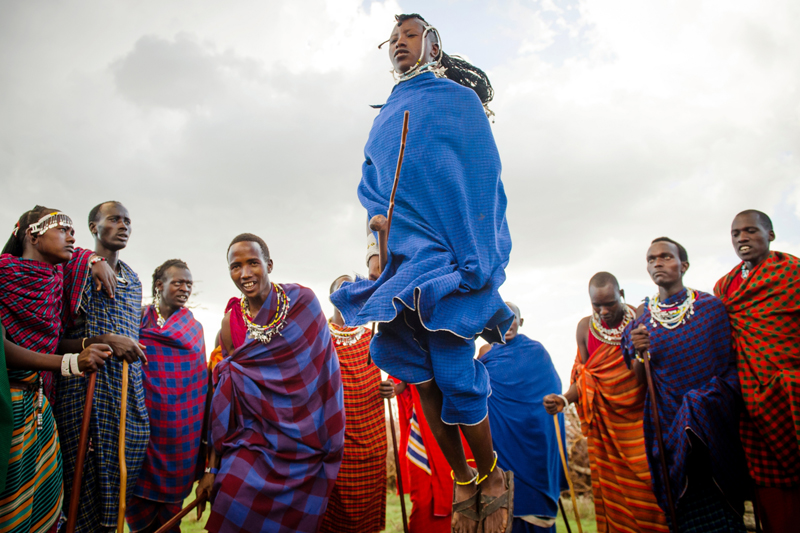
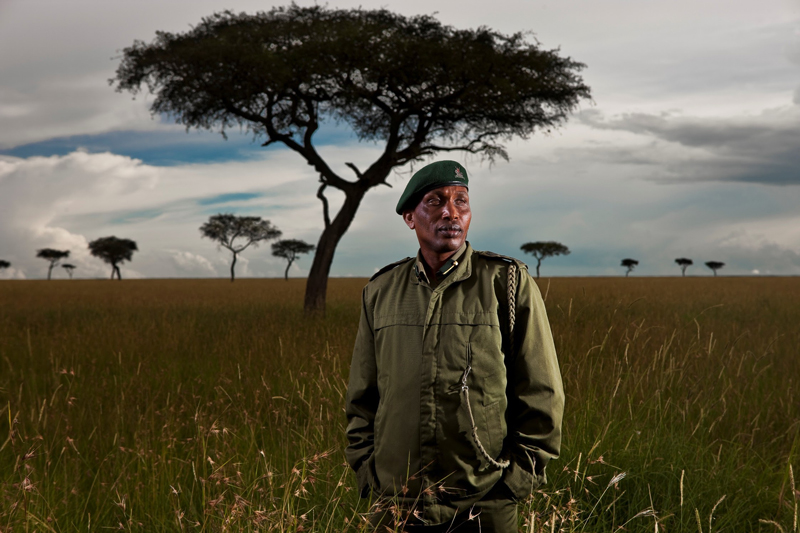
At Safari Consultants, we are very aware that many of our travel partners within Africa are amongst world leaders in responsible tourism. We work with safari operators who promote sustainable tourism and are involved in community projects, health clinics, and rural schools, as well as in wildlife and habitat protection.
It is common these days for local communities to enjoy full or part-ownership of land set aside specifically for wildlife based tourism. In lots of areas, communities are compensated for loss of livestock through predation, and ex-poachers have turned a leaf and are employed as guides or game scouts. Many of the properties that we work with charge their guests a conservation or conservancy fee with these contributions going directly to the local communities and/or the management of the relevant protected areas.
More and more camps are relying on solar power, and efforts are being made to remove single use plastic use in camps and lodges, especially plastic water bottles.
Through necessity, Africa sets the standards which the rest of the world could do well to follow.
In addition to working closely with responsible companies who are forward-thinking in their operations, we at Safari Consultants actively support a number of community and conservation related initiatives. You can read more about these here.
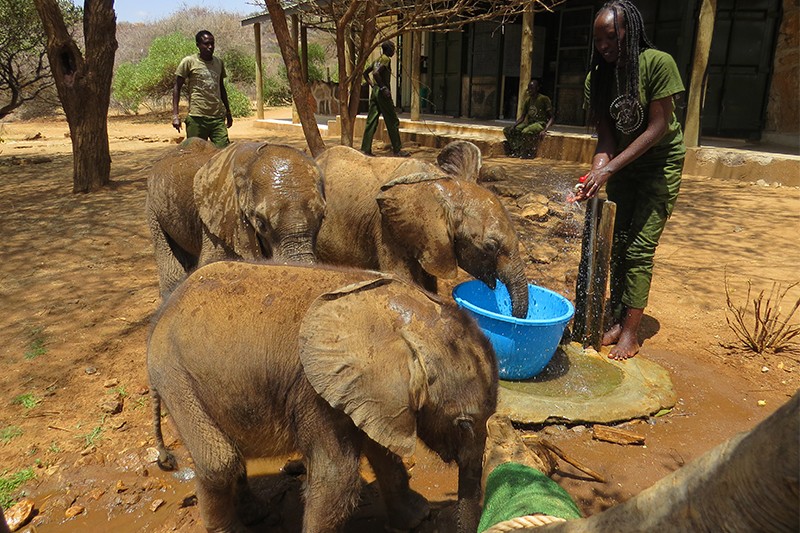
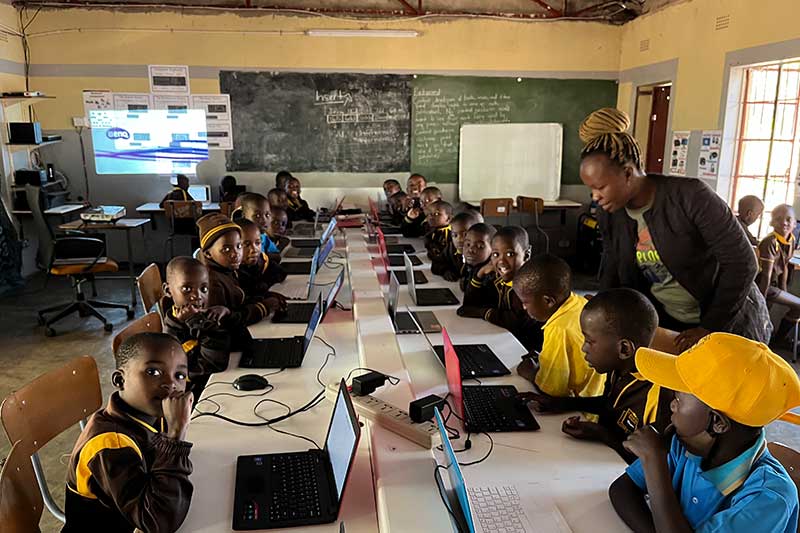
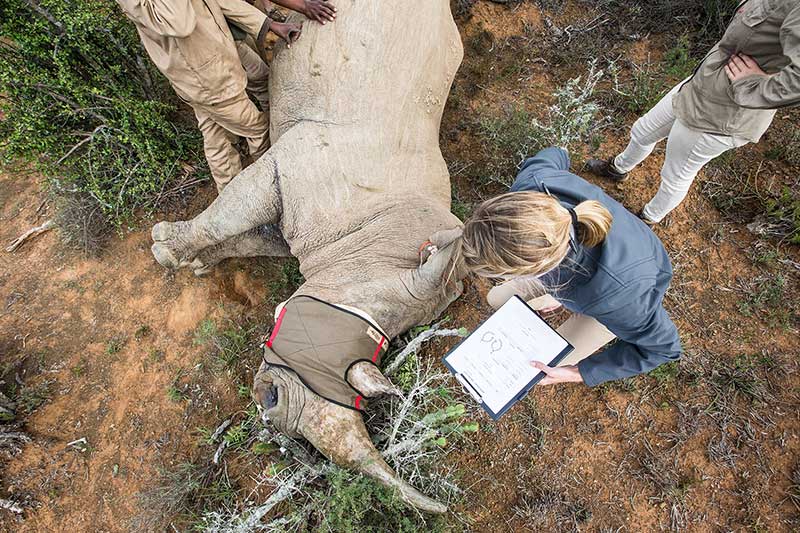
HOW YOU CAN HELP
We believe that visiting the bush is like visiting someone’s home and as the visitor, by showing respect you are more likely to be respected in return. There are certain common courtesies that should be adhered to and will not only make your safari more enjoyable, but will also have a more positive impact on the environment and its inhabitants.
Some responsible tourism travel tips to remember:
- Respect the environment and respect local cultures. It is also a good idea to familiarise yourself with the local culture, politics, beliefs and etiquette. By learning a few words in the native language, such as hello, goodbye and thank you, you are showing respect and this will help you to build a rapport with those around you.
- Be as unobtrusive as possible; wear the correct coloured clothing whilst walking in the bush and avoid dressing or acting in a way which might cause offence to local residents.
- Eco friendly toiletries which are free of chemicals and have biodegradable packaging are recommended for use where possible. You will find that a number of properties do supply these sorts of amenities for use during your stay.
- Water supplies are scarce in many destinations. Please use water sparingly whilst abroad. You will find a good number of properties will offer you branded re-usable water bottles to use during your stay and take home with you. If you have been given a bottle from your first camp, we would advise you to keep hold of this for the duration of your safari to avoid collecting, and subsequently leaving behind, various bottles. It is quite alright to turn down the offer of additional bottles to avoid waste.
- Do not litter. Everything you carry in you must carry out. Aside from the environmental damage, litter can be harmful to the wildlife. Waste disposal can be difficult in remote areas and recycling is often not possible.
Please think about what you really need to take and remove all packaging before you travel, the less rubbish left behind the better. - Do not interfere with the wildlife and habitat by:
- Encouraging your guide to take you too close to animals at sightings and putting both under pressure.
- Encouraging your driver to depart from the usual track travel off road.
- Picking plants and flowers.
- Making noises to attract or frighten the wildlife.
- Be as quiet as you can at all times and do not be afraid of the animals. Even the biggest will move quietly away if given the opportunity. Obey all game laws and regulations, respect the fact that your guide is bound by these laws and regulations too.
- Do not buy, or trade for, any articles, which are covered under the Convention on International Trade in Endangered Species (CITES) including ivory, turtle products, rhino horn, furs, butterflies and plant species.
- Buy locally crafted souvenirs and if bartering over the price don’t drive too hard a bargain. An amount which may be fairly insignificant to you, can represent a lot more to others.
- Do not give any gifts, even sweets, directly to children you may pass on the street as it can encourage begging and may undermine parental authority. It is more appropriate to give through a local organisation. Please see paragraph below for more information on how to give in a meaningful and impactful way when travelling.
- Be courteous and ask before you take a photograph of someone as many people do not like having their picture taken. If they ask you to pay then we would discourage you from taking the picture.
- Report any poor behaviour of guides/safari staff immediately to the management of the property and to us on your return.
If you are heading off to see the major primate species, such as the rare mountain gorilla and chimpanzee, further courtesies should be adhered to. To minimise possible transmission of human diseases, visitors are asked to maintain a distance of usually seven metres from the gorillas. You will not be permitted to track if you are suffering from any illness including a cold or flu which can be transmitted to the apes. You will be asked to declare this before you start off. We would ask your co-operation in not endangering the lives of the already endangered great apes. Other regulations include:
- Spitting in the parks is strictly prohibited.
- Should you need to cough, cover your mouth and turn away from the gorillas.
- When with the gorillas, keep your voice low.
- Try not to make rapid movements that may alarm the gorillas. If a gorilla should charge or vocalise at you, do not be afraid, stand still, look away from the gorilla and follow your guide’s directions.
- Flash photography is not permitted.
For those looking to get more involved with community and/or conservation projects relevant to the destination you are visiting there are many ways in which to do this. From identifying relevant platforms to enable donation, to visiting community upliftment projects, learning about the challenges of local life in Africa, or even taking part in hands on conservation work, the options for meaningful contributions are many.
Many camps, lodges and hotels in Africa work with Pack for a Purpose which gives travellers the opportunity to fill the unused space in their luggage with specific items for charitable projects supported by the properties they are visiting. The properties participating in this initiative are listed on the Pack for a Purpose website along with supplies that they are in need of so you know that you are taking items which will have a positive impact on those living in the nearby communities.
If you would like your travels to be particularly involved with community or conservation projects, please contact us for further information on how best to incorporate this into your itinerary.


